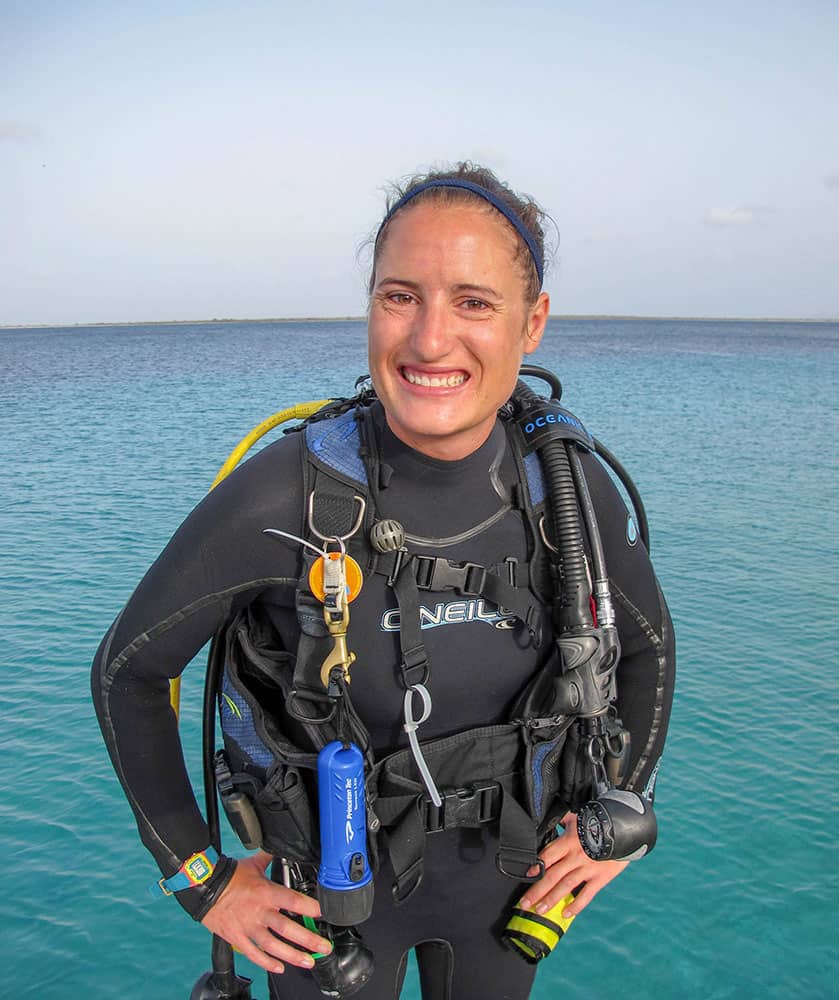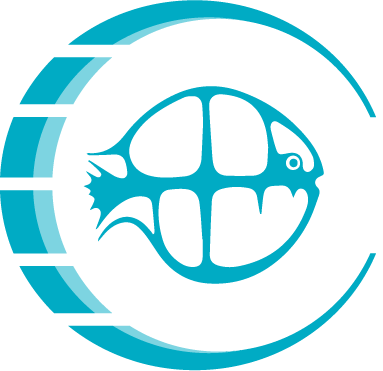FSBI FUNDING
Postdoctoral International Travelling Fellowship
Date & time :
28 February 2026
23.59 PM GMT
You missed out!
What is the PITF Grant?
Each FSBI Fellow (PITF) can apply for up to £20,000, to include travel, subsistence and accommodation, and eligible research costs, over an approximate duration of 3 months to be undertaken within 12 months of the award.
The scheme aims to;
- Support outstanding postdoctoral scientists to undertake research that is in line with the objectives of the FSBI.
- Facilitate international mobility and expertise and/or facilities of the chosen host.
The research can comprise independent experimental studies, development/validation of a methodology or fieldwork, or similar activities within an existing programme of research.
The research will require sufficient coherence to generate explicit quantifiable outputs and with a demonstrated benefit(s) to the career development of the FSBI Fellow.
Two PITFs are awarded each calendar year: Incoming PITF, hosted within an appropriate University, research body or industrial partner within the British Isles, and an Outgoing PITF, hosted at a suitable institution globally.
Key Document Before Applying
Before applying please download the T & C's and read through it to make sure you are eligible to apply. You will need to do this before applying on your my.fsbi.org.uk account.
Please click below to apply now on our my.fsbi portal.
Important Information On Our PITF Grant
The research will require sufficient coherence to generate explicit quantifiable outputs and with a demonstrated benefit(s) to the career development of the FSBI Fellow.
Two PITFs are awarded each calendar year: Incoming PITF, hosted within an appropriate University, research body or industrial partner within the UK, and an Outgoing PITF, hosted at a suitable institution globally and coming from an institution within the UK.
There is a mandatory condition which is that successful candidates will for the purposes of the fellowship, be transferring from their UK host University to a host outside the UK (Outgoing Fellowship), or from a host University outside the UK, to a host within the UK (Incoming Fellowship).
Interviews (in person or via skype) will depend upon applications received in each round, and with advance notice to secure availability. The outcome is expected by the end of September, and following a period of negotiation, for Fellowships to commence from November onwards.
Here are the current PITF awardees

Casey Benkwitt
Lancaster University (UK), University of Santa Barbara (US) and the Tetiaroa Society (French Polynesia)
How natural nutrient inputs from seabirds influence herbivorous fishes on coral reefs, and how this in turn shapes benthic communities and reef resilience.
Seabirds transport nutrients from oceanic food webs to terrestrial and nearshore marine environments, where they can benefit local ecosystems. However, how herbivorous fishes respond to, and modify the effects of, seabird-derived nutrients is virtually unknown. Understanding how seabird-derived nutrients affect the role of herbivorous fishes on coral reefs is particularly urgent because seabird populations have been decimated by invasive rats in most of the world’s island chains and coral reefs are one of the world’s most threatened ecosystems. By comparing motu (islands) with a range of seabird densities within Tetiaroa Atoll, Dr. Benkwitt is determining how seabird-derived nutrients influence the nutritional quality of food (algae) available to herbivorous fishes, the foraging behavior of herbivorous fishes, the biomass and community structure of herbivorous fishes, and herbivore-mediated changes to the reef benthos. Invasive rats are being eradicated from the entire atoll of Tetiaroa within the next year, so this research will also serve as an irreplaceable baseline to test how this management action affects coral reefs and the herbivorous fishes that live there.

Katie Dunkley
University of Cambridge (UK) and Charles Darwin Foundation
How reef fish cleaning interactions change as a function of the number and abundance of fish species on Galapagos reefs
Using custom underwater stereoscopic cameras and supervised machine learning approaches, this project aims to improve understanding on the relationships between cleaning interactions, species abundance and species diversity. By pinpointing if and when cleaning interactions breakdown, or are abandoned, we can better predict how reefs may respond to species loss. For this project’s fieldwork, I will be hosted by the Charles Darwin Foundation, a Galapagos based, non-profit organization dedicated to scientific research. I will be working with Dr Inti Keith who has worked in the Galapagos for over 10 years and leads the Foundation’s long-term Subtidal Ecological Monitoring Programme. This project is also supported by Dr James Herbert-Read from the University of Cambridge, and together we aim to quantify how cleaning interactions change across a natural gradient of species abundance and diversity.
Following on from this project, I aim to build in other interaction types (e.g. predation, competition and social interactions) to understand how they directly and indirectly interlink with cleaning interactions to create healthy and stable reef ecosystems.

Nildeniz Top-Karakuş
Muğla Sıtkı Koçman Üniversitesi (TUR) & Bournemouth University (UK)
Invasive topmouth gudgeon (Pseudorasbora parva) and its generalist pathogen Sphaerothecum destruens.
In England, eradication of topmouth gudgeon has been implicated since 2005 to prevent its invasion and halt S. destruens (itself an IAS) spreading to native fish. However, a recent epidemiological model predicted that following eradication, S. destruens still persists in neighbouring fish communities. The generalist pathogen S. destruens can cause high, chronic mortalities in susceptible native fishes.
The research will be conducted in connected waterbodies to where parva has been eradicated when pathogen activity is peaked (spring and summer). If the parasite detected, pathological impacts on native fish hosts and infection levels will be evaluated. Later, specialist and generalist level of parasite will be determined
My role will be both on the field and laboratory. Including Water and fish samples will be collected from the related ponds. As well as, Quantitative PCR detection will be applied to water (‘eDNA’) and fish samples in the lab. Level of the parasite will be determined by culturing it.

María Florencia Scaia
University of Buenos Aires (ARG) & Leicester University (UK)
Genes and neural circuits controlling aggression using zebrafish (Danio rerio) as a model organism
Social hierarchies can form within groups, leading to different costs and benefits for dominant and subordinate animals. In this sense, social status can greatly affect individual fish behaviour and reproductive physiology through interactions with conspecifics. Social learning has been suggested to shape the evolution of social behavior in cichlid fish, but there is not much evidence for other species. Considering that cognitive skills need to be transmitted and supported by neural systems for social systems to evolve, it is necessary to assess the effect of impaired sociality on social learning in other fish species. The Norton Laboratory has recently demonstrated that endothelin receptor aa (ednraa) zebrafish mutants display impaired social interactions compared to wild-type fish, including decreased shoaling and heightened aggression. Endothelins are 21 amino acid peptides that act as neurotransmitters and neuromodulators in the brain. Considering that ednraa mutants also show a difference in the size and location of AVP–positive neurons in the preoptic area, they constitute an ideal model to study the neuroendocrine regulation of social impairment.
This project will study the impact of impaired sociality upon social learning, and it will define which genes control social behaviour in the zebrafish brain. We will compare ednraa mutants and wild type fish to assess if impaired sociality decreases social learning and if reduced sociality is associated with differential expression in the Social Decision Making Network, an evolutionary conserved brain network regulating most social behaviours in vertebrates, including aggression, mating and parental care. This project will include protocols to assess social learning and also cutting-edge technology, such as RNA sequencing and transcriptomic analysis.

Tim Lamont
Lancaster University (UK) & IBP University (IDN)
Effects of coral restoration on reef fish communities
Communities of fishes on tropical coral reefs are amongst the most diverse in the world, and they provide essential ecosystem services for hundreds of millions of people.
Coral reefs are being heavily degraded worldwide, and in response billions of dollars are being invested in projects that aim to restore coral habitat. These restoration programmes can regrow coral on a large scale, but the resulting impacts on fish communities and ecosystem services are poorly understood.
I will work with Dr Tries Razak, a global expert on coral reef restoration, to analyse existing time series and new observational data on how coral restoration shapes reef fish communities. We hope our findings will help managers to optimise reef restoration effects on fish community development and ecosystem functioning.

Amanda Pettersen
The University of Sydney (AUS) and University of Glasgow (UK)
What is the evolutionary potential of early life physiology traits under thermal stress?
Development from a single fertilised cell to a feeding juvenile is common to all animals and constitutes a metabolically expensive period of early life that is vulnerable to environmental stress. For egg-laying species, temperature affects two processes that determine the “cost of development” – the rate of energy expenditure (metabolic rate) and the length of the developmental period from fertilisation until feeding (development time).
Within species, metabolic and developmental rates can vary considerably, even after accounting for temperature and body mass. For example, when placed under the same thermal conditions, individuals from cold-adapted populations can develop faster, compared with individuals from warm-adapted populations – yet maintain the same metabolic rates. The ability to maintain the same phenotype in the face of environmental change suggests that the thermal sensitivity of these traits is likely to have a genetic basis. The extent to which this apparent “decoupling” of the thermal sensitivities of developmental and metabolic rates is due to an adaptive (genetic), rather than an acclimation (plastic), response is yet to be determined.
Here I aim to disentangle the genetic and environmental effects of early life physiology to uncover a potentially general mechanism underlying adaptation to climate change in an ecologically important species, the three-spined stickleback (Gasterosteus aculeatus).

Gert-Jan Jeunen
University of Otago (NZ) & Liverpool John Moores University (UK)
Understanding fisheries bycatch composition through on-board passive eDNA sampling
Marine species and environments have been exploited throughout human history, leading to entire ecosystem modification, habitat degradation, and multiple species extinctions. A major direct anthropogenic pressure on the marine biome is bottom trawling, a fishing
method employed for nearly half of all fish landings within UK waters. While multiple
negative impacts have already been associated with bottom trawling, characterizing bycatch composition in detail across the tree of life has thus far been unattainable. Such characterization, however, is imperative in gaining a more comprehensive understanding on the ecosystem-wide impact of bottom trawling fisheries.
In this study, Dr. Jeunen and Prof. Mariani seek to document the breadth of marine
organisms affected by bottom trawling operations and infer how marine community composition alters across varying levels of fishing intensity. Trawl bycatch composition will be reconstructed across the tree of life through a novel passive eDNA sampler technology, spanning areas of varying fishing intensities. Information on past bottom trawling intensity and baseline community compositions will be used to determine the scale of ecosystem change. Using novel passive eDNA samplers will allow researchers to explore the impact of bottom trawling on an ecosystem with unprecedented speed and accuracy.

Marina Papadopoulou
Swansea University (UK), Humboldt University of Berlin and the Excellence Cluster: “Science of Intelligence" (Germany)
Investigating the impact of behavioural individuality and group size on leadership dynamics using genetically identical fish (Poecilia formosa) and the RoboFish
Investigating the impact of behavioural individuality and group size on leadership dynamics using genetically identical fish (Poecilia formosa) and the RoboFish
Grouping is vital for many fish species, and whilst we can explain the reasons for social behaviour across different contexts (for instance foraging efficiency or protection against predators), the behavioural mechanisms underlying collective behaviour are not fully understood. Computational models based on self-organization and ‘bio-hybrid’ approaches (e.g., experiments in VR environments) have helped identify the interaction rules that individuals follow when moving as part of a group. However, in the majority of models of collective behaviour it is assumed that individuals are identical in the behaviour rules they follow, something that is increasingly being proven not true by empirical findings. Individuals in a fish school may differ not only in their physical characteristics (i.e., body size) but also in their behavioural traits (‘personalities’). In this project, we aim to understand how the personality composition of a group affects its collective decision-making properties. Working with the team of Prof Dr Jens Krause, we will combine lab experiments, camera tracking and bio-mimetic robotics to study the collective motion of schools of Amazon mollies (Poecilia formosa), and their interaction with a robotic conspecific. The Amazon molly is a unique clonal fish; it has been shown that even genetically identical fish reared under near identical conditions develop behavioural individuality. Studying the response of Amazon mollies to a remotely controlled RoboFish therefore provides a unique opportunity to investigate the role of behavioural individuality on collective behaviour and leadership.

To Be Announced
TBC
TBC

